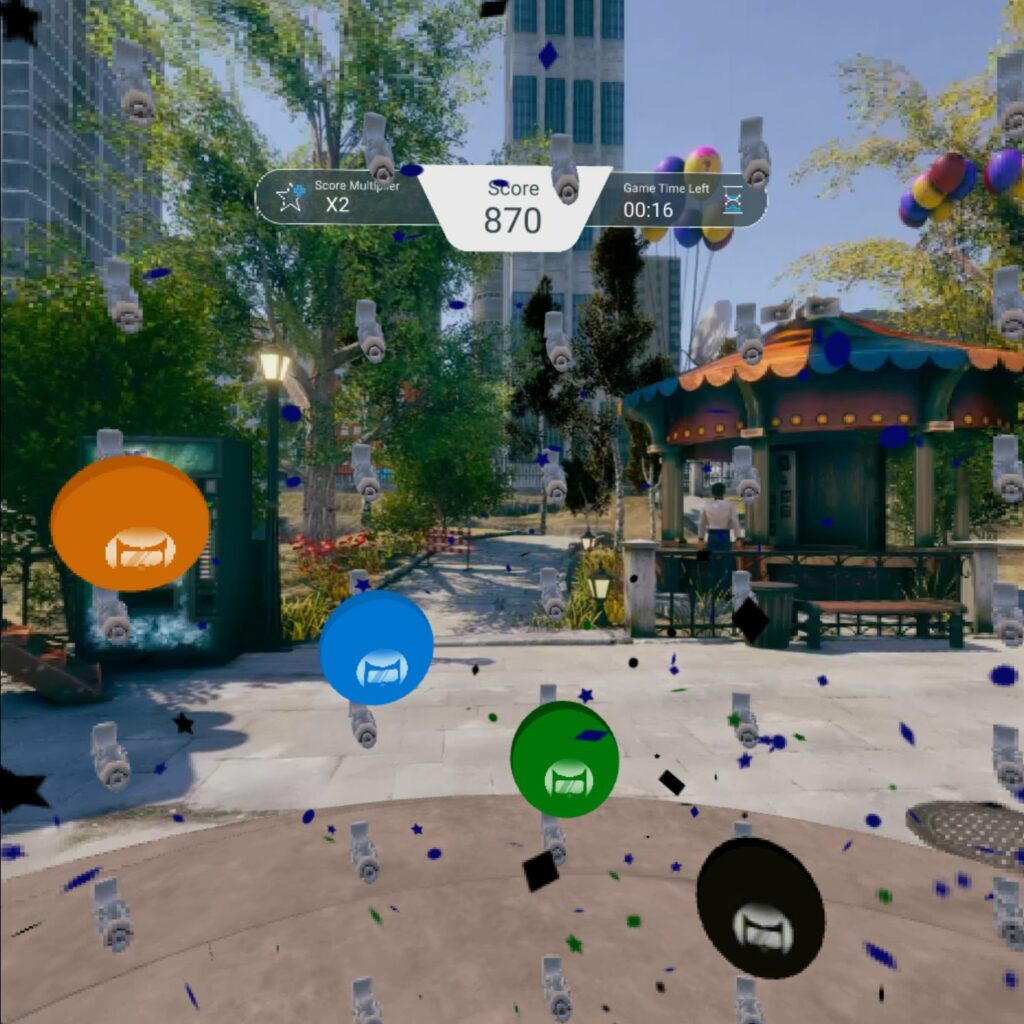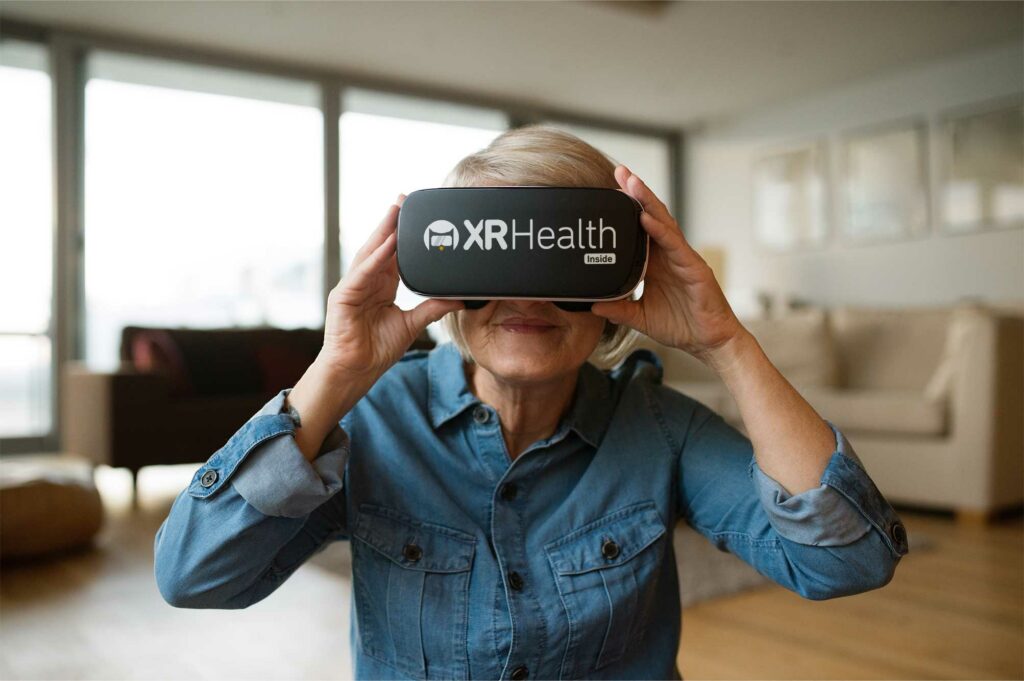1. Learn about pain
You may have heard the popular phrase “knowledge is power”. Staying educated about your health is empowering, and helps you to take control of your wellbeing, and this is especially true when it comes to chronic pain. Learning about how pain works has been proven to lower pain severity, increase function and reduce the fear that often comes with pain.
It’s also important to know that pain is your brain’s warning system, but sometimes it can malfunction. This means that the level of pain doesn’t actually correspond to tissue damage.
2. Stay active
It’s tempting to take complete rest when you have pain, but more often than not this can make you feel worse in the long run. Chronic pain will try to rob you of everything that makes you you, including your hobbies and exercise. Staying active in whatever way you can ensures that your muscles stay strong and flexible. Exercise also releases hormones that improve mood and act as the body’s natural pain-killers
3. Take care of your whole self
In the 17th century, philosopher Descartes proposed the idea that the mind and the body are separate entities. This was thought for centuries, and many people continue to believe it today, but we now know that it was never actually the case. The mind and the body are interconnected – and this means that thoughts, emotions, fears and feelings have a direct impact on our physical bodies, including the pain that we feel.
Negative thoughts, like anger, stress, sadness and grief all amplify pain, while more positive thoughts and emotions can reduce our experience of pain.
If you can identify ways of caring for yourself holistically, like getting enough sleep, scheduling an activity every day that you enjoy, reaching out to friends, getting enough exercise, and going out in nature, this can actually dial down your pain.
4. Try meditation
Meditation, particularly mindfulness meditation, has shown to improve your ability to cope with pain. It’s easy to discount as pseudo-science, but it works! Both directly, by helping us deal better with pain, and indirectly, by reducing stress, which in turn reduces the volume of pain-amplifying hormones in circulation.
5. Get help
Having pain is, understandably, a pretty unpleasant experience. It’s not surprising then that it’s associated with depression, anxiety, and even suicidality. It’s important to remember that you are not alone. Try to keep spending time with the people who love you (there are more than you might think). Find someone to talk to. And importantly, seek professional help. Psychologists, physiotherapists, occupational therapists and GPs can all help you in managing your pain.
6. Don’t let the pain win
There is always hope, and there is always a reason not to give up. By learning as much as you can, staying connected, participating in enjoyable activities, staying as active as possible and taking care of yourself as a whole, you can stay on top of your pain and take steps towards a better, more fulfilling life.






